The kerfuffle in the writing world this week-where an author created sockpuppet accounts to downvote other books and upvote her own-why writers aren’t in competition and the key importance of friendship.
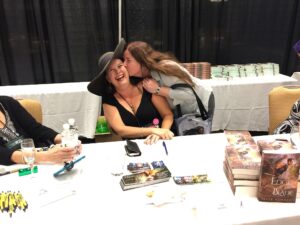
RITA ® Award-Winning Author of Fantasy Romance
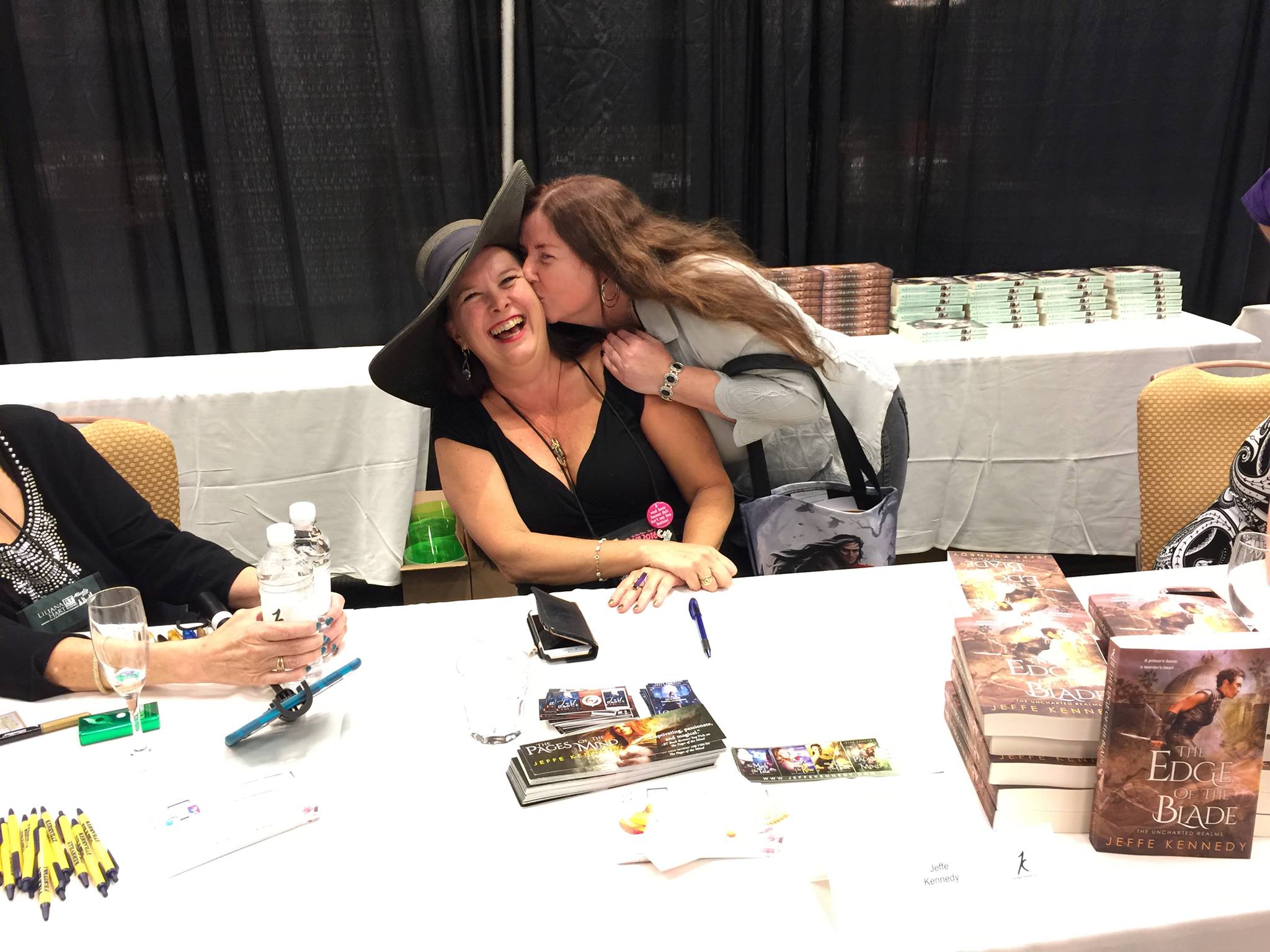
The kerfuffle in the writing world this week-where an author created sockpuppet accounts to downvote other books and upvote her own-why writers aren’t in competition and the key importance of friendship.

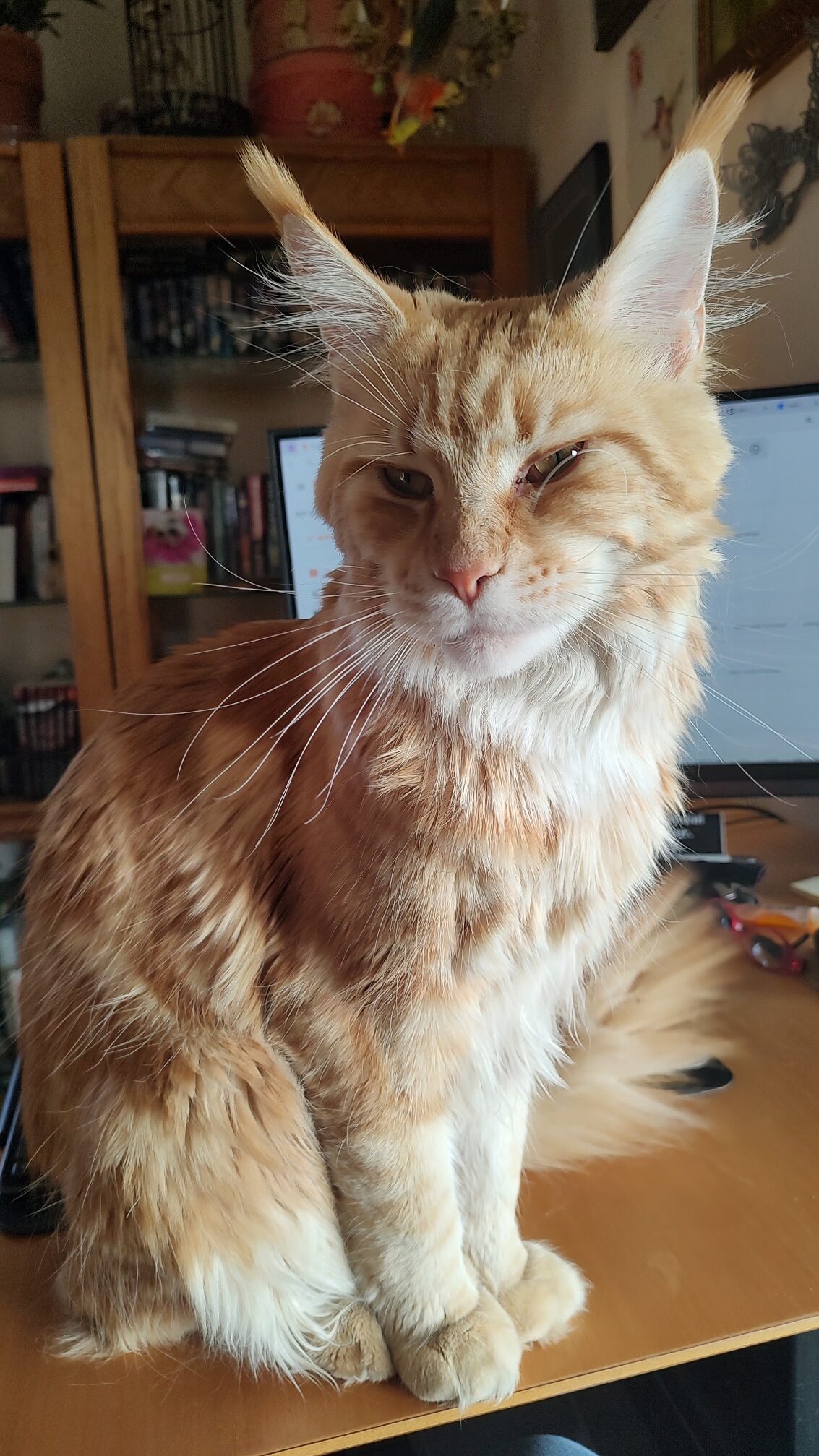
Some pitfalls to watch for in contracts with traditional publishing and literary agencies. Also author finances and taxes, why owning your process doesn’t mean loving it, and why experienced authors find it hard to teach.



Our topic at the SFF Seven this week is what to do when you’re stuck. Stuck writing, I presume, since other kinds of stuck aren’t really what we’re about here.
I’m sure there will be lots of great advice this week from all the contributors on the various tricks and techniques for getting unstuck while writing. Mine is going to be at the far end of the spectrum at Tough Love.
When I get stuck? I push.
I’m a believer in chipping away at that block and smashing a hole through it. Inevitably there’s juicy stuff on the other side. I think the universe sometimes makes us work for it, and that’s what I do.
Now, I will caveat this advice by saying that I absolutely don’t advise anyone beating themselves brainless against a brick wall. Use your head, and not as a battering ram! There are tools for this process; use them. This is where craft comes in and skill, where having a well-cultivated imagination will fuel the process, where having excellent work habits allows for focused attention.
Push through those sticking places – but use your words, not your fists.

Authors behaving badly to other authors – signs to watch for, recognizing serendipity, plus a great cautionary tale. Also different revision processes and a fun December reader event: FaRoAdvent!
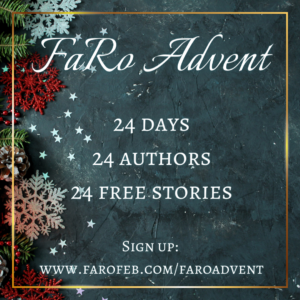


Their love makes them stronger together… Unless the world rips them apart
Jadren El-Adrel knows he’s a mess. He’s a cobbled-together monster pretending to be a wizard, still unable to master the magic that makes him pretty much immortal and is useless for anything else. Though he’s tried to learn to work with his familiar, Seliah, he’s still terrified to discover what might happen if he gives himself full access to the depths of her powerful magic. Some questions should never be answered.
Seliah Phel got her happy ever after. Jadren loves her; they’re together in a safe and beautiful place; and they’re finally learning to work together as wizard and familiar. But even she must recognize that Jadren continues to stew in his black moods, brooding that only worsens when he receives a missive from home, his horrible family demanding the unthinkable: that they both return to House El-Adrel.
As the denizens of House Phel fight an increasingly pitched battle against the enemies determined to destroy them forever, Jadren and Selly fight their own war—against the past and to overcome their own failings. To become truly stronger together.
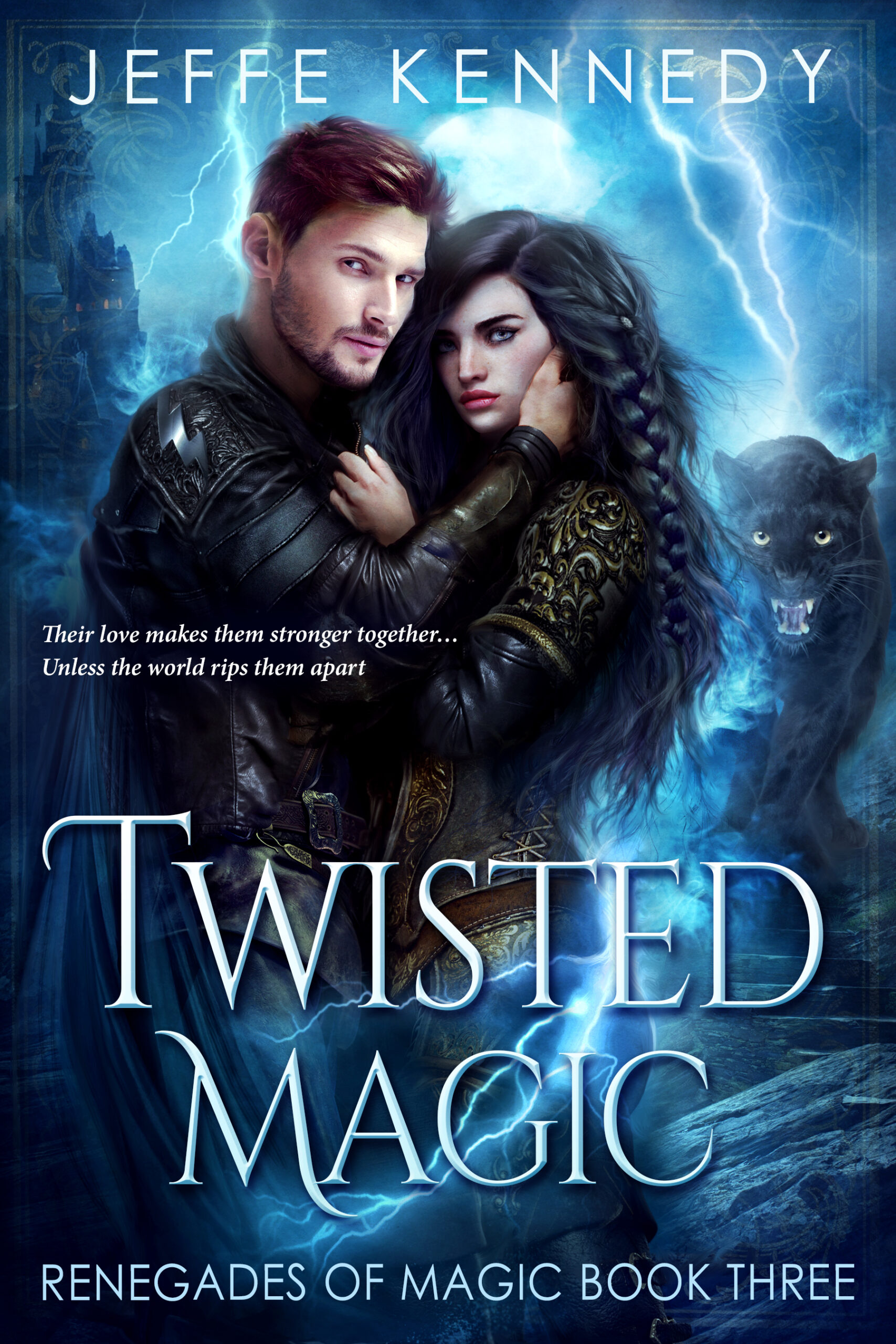
TWISTED MAGIC is done and coming tomorrow! Also, the ROGUE FAMILIAR audiobook is free on YouTube. I’m also talking gratitude for being alive and about my writing/publishing plans for the next year.
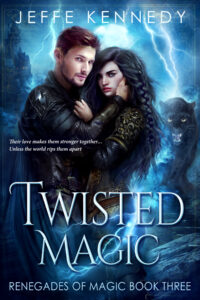


TWISTED MAGIC is finally (almost) here! Releasing on Tuesday, November 28, 2023, the book is available for preorder now – including in print!
***
Their love makes them stronger together… Unless the world rips them apart
Jadren El-Adrel knows he’s a mess. He’s a cobbled-together monster pretending to be a wizard, still unable to master the magic that makes him pretty much immortal and is useless for anything else. Though he’s tried to learn to work with his familiar, Seliah, he’s still terrified to discover what might happen if he gives himself full access to the depths of her powerful magic. Some questions should never be answered.
Seliah Phel got her happy ever after. Jadren loves her; they’re together in a safe and beautiful place; and they’re finally learning to work together as wizard and familiar. But even she must recognize that Jadren continues to stew in his black moods, brooding that only worsens when he receives a missive from home, his horrible family demanding the unthinkable: that they both return to House El-Adrel.
As the denizens of House Phel fight an increasingly pitched battle against the enemies determined to destroy them forever, Jadren and Selly fight their own war—against the past and to overcome their own failings. To become truly stronger together.
***
And yes, there will another trilogy in this world! I haven’t set dates yet, or even titled the trilogy, but I hope to have all three out in 2024. Stay tuned!

Balancing the desire to strive for more and better against the need to recognize how far we’ve already come and having gratitude for what we’ve achieved. Also, the role of serendipity in any creative career.


Some thoughts on starting for the day and how initial wordcount can be slow. Also Anne McCaffrey, dubious and non-consent, and how insightfully she portrays an ossified, patriarchal society. And The Morning Show finale!

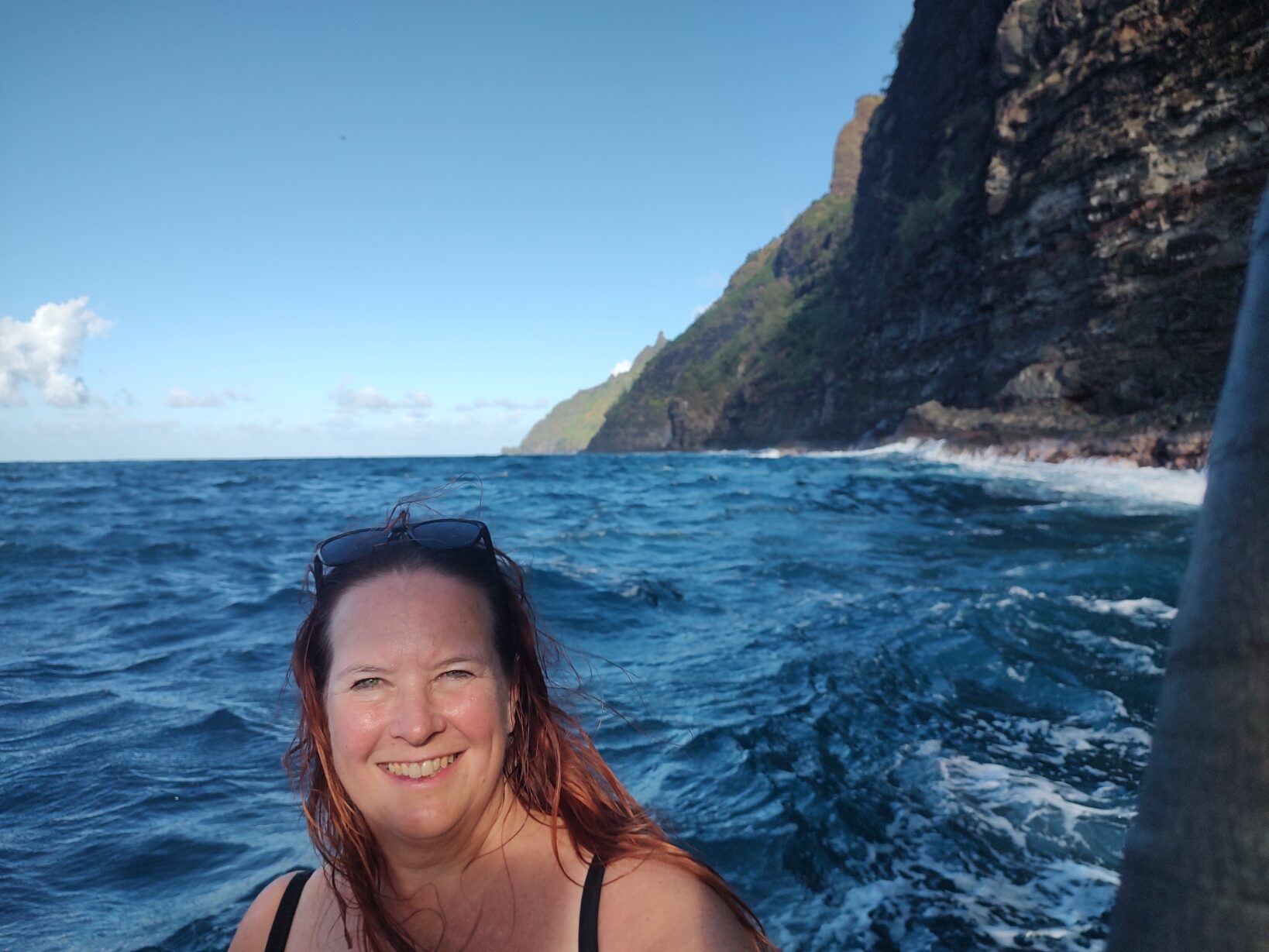
I’m back from my Hawaiian Hiatus with thoughts on writer’s conferences, bar-conning, and what conferences serve writers best. Also my amazing trip up the Na Pali coastline which was truly transformative.
